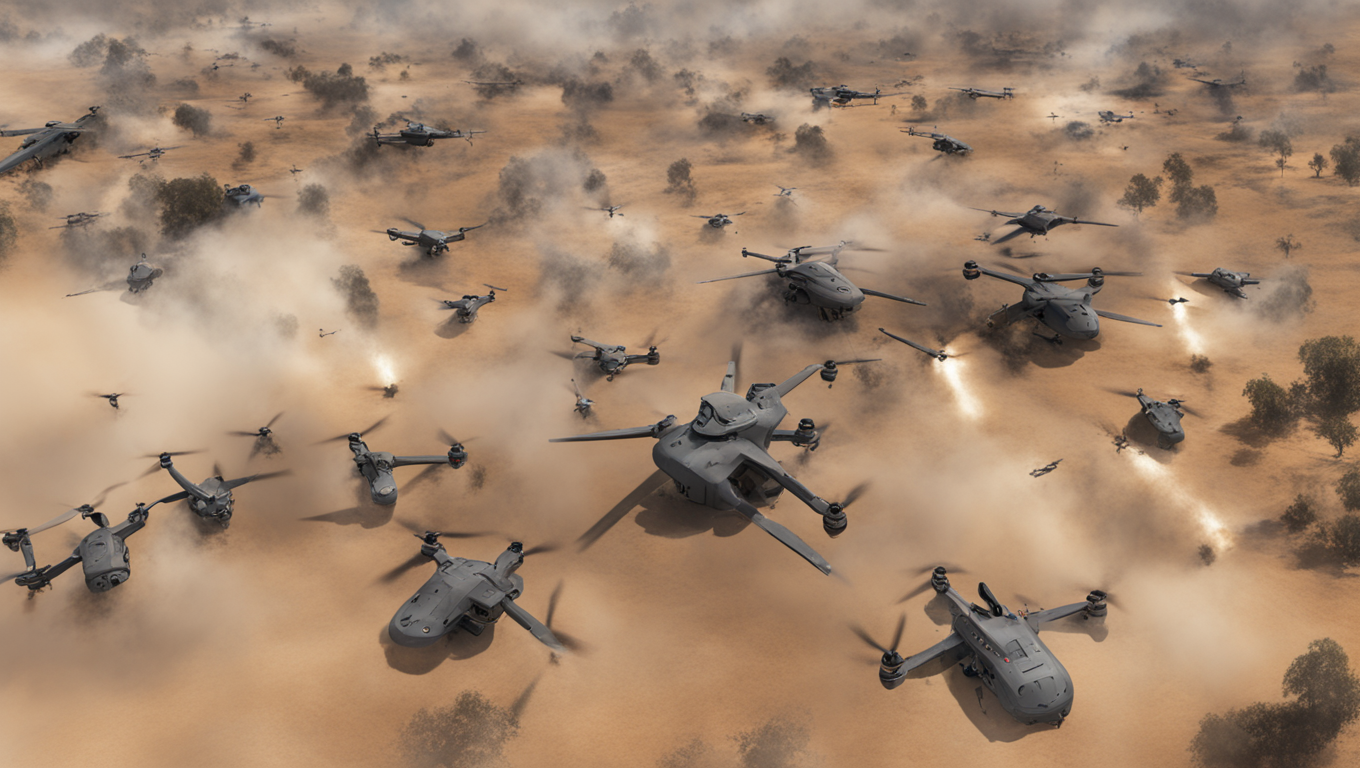In a bold and potentially controversial move, the United States Army Research Laboratory is exploring the use of OpenAI’s generative AI solutions to assist in battle planning. However, instead of utilizing the AI technology in live combat scenarios, the researchers have chosen to test its capabilities within a military video game setting. This groundbreaking approach aims to leverage OpenAI’s GPT-4 Turbo and GPT-4 Vision models to provide crucial information about simulated battlefield terrain, friendly and enemy forces, and military strategies for attacking and defending.
To fully explore the capabilities of the AI assistants, the researchers also included two other AI models based on older technology in the experiment. They presented the AI assistants with a mission to eliminate all enemy forces and capture an objective point. The result was astounding, with the AI assistants producing a multitude of potential courses of action in a matter of moments.
However, while OpenAI’s GPT models outperformed the other two models in terms of generating viable strategies, there was a significant drawback. The use of generative AI resulted in higher casualty rates during mission execution. This raises pressing questions about the ethical implications of relying on machines to make life or death decisions on the battlefield.
Despite the ethical concerns, the US Army seems determined to harness the potential power of AI in its military operations. Project Maven, the US Department of Defense’s flagship AI initiative, has already demonstrated its effectiveness in locating rocket launchers in Yemen and surface vessels in the Red Sea, as well as providing critical target information in Iraq and Syria. The military’s commitment to advancing artificial intelligence is evident in its request for billions of dollars from lawmakers to develop AI and networking capabilities. Moreover, the establishment of Chief Digital and AI Officer positions within the Pentagon underscores the department’s commitment to leveraging and integrating AI technology.
As we contemplate the utilization of AI in war games and potentially real combat situations, it is impossible to ignore the parallels to the dystopian visions portrayed in movies like Terminator. The idea of entrusting decisions that could result in loss of human life to machines is undoubtedly disconcerting. However, proponents of AI argue that with proper safeguards and human oversight, AI can be a powerful asset in military strategy and decision-making processes.
Ultimately, the US Army’s experiment with OpenAI’s generative AI solutions in battle planning demonstrates the ever-evolving relationship between technology and warfare. While the ethical dilemmas surrounding the use of AI in combat will undoubtedly continue to be debated, it is clear that the military sees great potential in harnessing AI technology to gain a tactical advantage. As the boundaries of what is possible with AI continue to be pushed, the question of how far we are willing to go in entrusting machines with matters of life and death remains unanswered.





Use the share button below if you liked it.